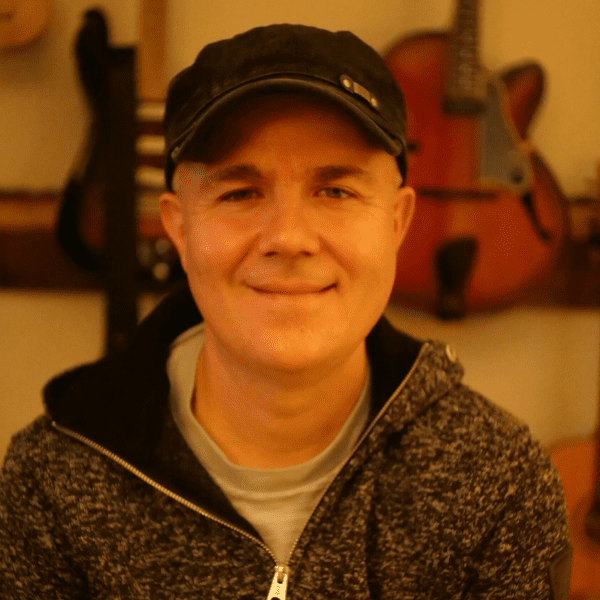The Phoebe Buffet school of composing
I would like to expand on something that I briefly touched on in the previous section on composing. While knowledge about the mechanics of music itself are important when writing anything…be it harmonically, melodically, rhythmically, form…etc… a big part of it is also psychological, and that’s what I will attempt to address here.
In my previous section on composing I suggested writing music almost as if it were a game. This means deliberately setting up creative restrictions in the writing process…be it stylistically, harmonically, rhythmically, texturally or whatever. Bare in mind, there is no right or wrong way to write music. I am merely trying to point to a few different paths that can be taken…and each path can lead to entirely new and wonderful destinations. Ultimately, the goal remains the same…to write music that simply sounds good.
The subtitle of this section is a reference to that tv show we all know called “Friends”. Anyone who has watched that show is probably familiar with the musical noodlings of Phoebe Buffet, one of the main characters. In the show, Phoebe often performs her ummm…music… in the local cafe to her peers and whoever else happens to be there. Her intonation is questionable, her rhythmic sense is non existent, and her lyrics are comical at best. She does, however, demonstrate a fearlessness and honesty in her delivery that many of the most astute musicians don’t have.
I’m not sure what it is, but we all tend to be our worst critics…especially artists. Anything that an artist creates is opening themselves up to the opinions of other people…who will either reject it or embrace it. Anybody who creates anything, obviously wants to put their best foot forward, as their creation is a reflection of themselves. Sometimes, however, this need to be accepted by others can inhibit the creative process. Fear can become the overriding factor in the decisions one makes while creating.
Johannes Brahms, the famous German composer is reported to have taken 21 (!!!) years to complete his first symphony. He was very reluctant to let it go as he wanted the approval of his peers and the music community in general. Once his first symphony had the recognition of the musician community, his second was completed 1 year later in 1877. This is just one example as to the extremes one will go to achieve perfection.
Many musicians have this little inner dialogue that takes place in the mind (called the ego by the way) while creating. That voice always wants to manipulate, sabotage,. and inhibit one from creating out of pure expression….it is the voice of insecurity and is one that is afraid of making choices and sticking with them. One can start second guessing themselves, or even third or fourth guessing themselves, to the point where the process of writing is not enjoyable anymore. Your conscious mind however has the authority to override these thoughts and turn off that dialogue once you are aware of it. This does require practice…but certainly anyone is capable of doing it if you are committed to it.
Ideally I think the composition process has several stages. The first stage being the initial conception of an idea. Once the idea is conceived, it can be developed further until reaching some point of finality. Once that point is reached, the overall piece can be assessed further…editing can be done. I think in the initial conception phase, the only thing that should be working are your ears and your imagination. Try for a moment to forget harmony, forget rules, forget about what you’ve been taught….trust your musical instincts and let them reveal ideas to you. Once the ideas are revealed, then one can make conscious decisions to enhance the idea and polish it. I think the end result will be something far different than writing a piece entirely based on what you know academically. Maybe the idea completely reveals itself from start to finish in the initial conception stage…still, there’s nothing wrong with going back and reassessing the piece. Maybe it requires putting it on the shelf for a bit and coming back to it at a later time with fresh ears and a fresh mind set.
I do recognize that sometimes circumstances do not permit this type of compositional freedom. For instance, if you are writing for a film, t.v show, or someone other than yourself…it is not just a matter of pleasing yourself…but by circumstance alone, you do have to please someone else. This can be a tricky thing as the writer and the other party might be at odds with each other as they both have different ideas as to how the piece should sound. I’ve been in this situation myself a few times. I still hold to the fact that the initial conception of ideas shouldn’t be hindered in any way. Just let them fly, and once that’s over…one can dismiss certain ideas and work with others. What I have found is that it can be a huge thrill when you complete something that both you and the other party are completely satisfied with…sometimes it just takes a few tries to arrive at that point.

